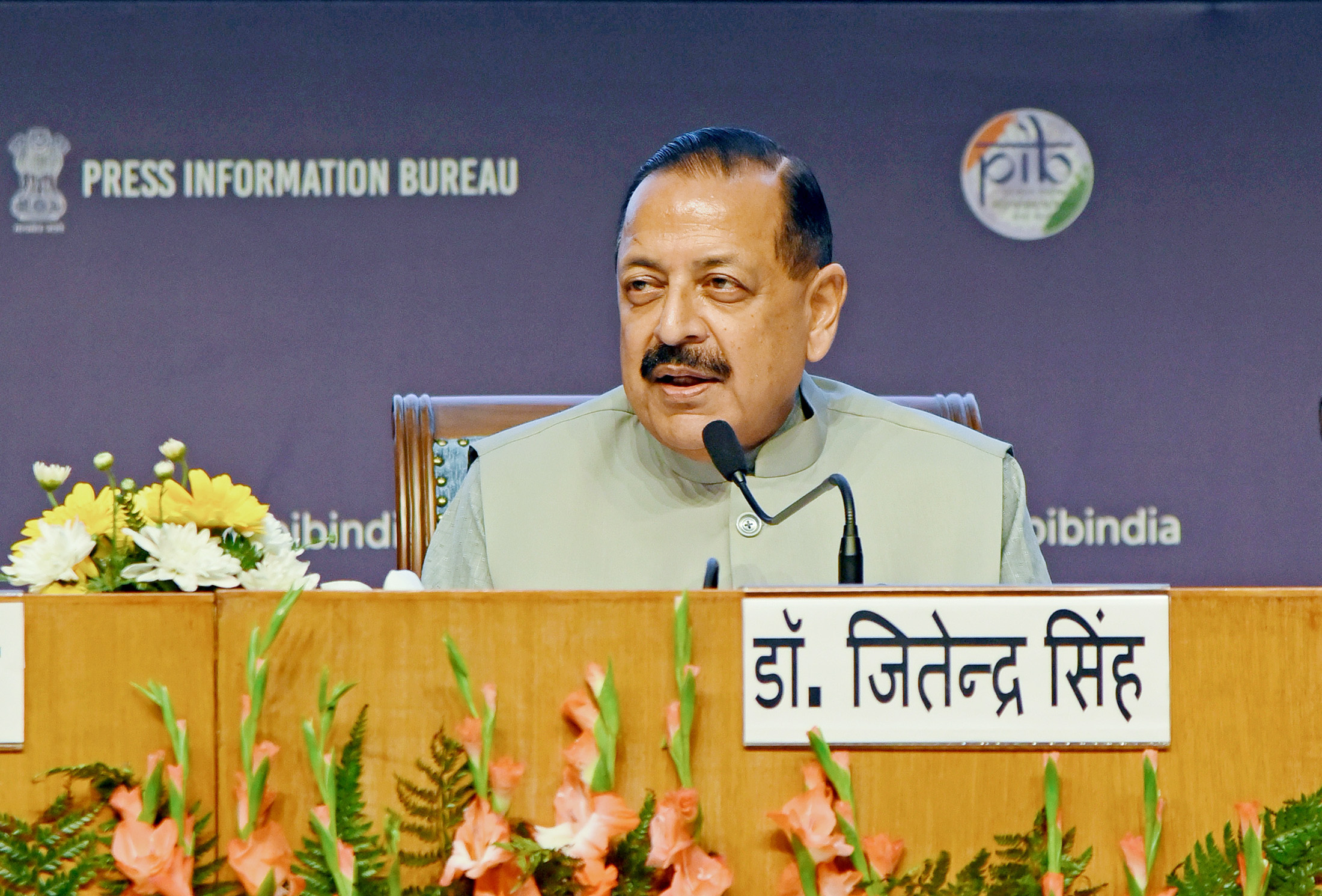Bank & NBFC Loan Recovery Harassment in India: Know Your Rights and How to Fight Back
Every year, millions of Indians who have taken loans from banks or Non-Banking Financial Companies (NBFCs) face a reality that…

New Delhi: Citing the development of country’s first indigenous antibiotic Nafithromycin and successful clinical trial for Hemophilia treatment, Union Science and technology Minister Jitendra Singh on Saturday said that India must build a self-sustainable innovation ecosystem to achieve global recognition in research and innovation.
The Minister emphasized the need to build a self-sustainable innovation ecosystem so that India could reduce its dependence on government funding and create a culture of private sector participation and philanthropic support to achieve global recognition in research and innovation.
The Department of Biotechnology in collaboration with pharma major Wockhardt has developed antibiotic “Nafithromycin” which is effective against resistant respiratory infections, particularly useful for cancer patients and poorly controlled diabetics.
Another successful story of government and private sector collaboration is a major breakthrough in gene therapy, marking the first successful indigenous clinical trial for Hemophilia treatment.
Inaugurating the 3-day medical workshop on “Harnessing Artificial Intelligence for Multi-Omics Data Integration and Analysis”, Dr. Jitendra Singh said that India must develop a self-sustainable ecosystem to drive its scientific and research growth. He stated that most nations that have achieved global recognition in science and innovation have done so through self-sustaining, innovation-driven models with extensive engagement of the private sector.
Singh further mentioned that India has already sequenced over 10,000 human genomes and aims to scale this up to one million. The gene therapy trial, he added, recorded a 60–70% correction rate with zero bleeding episodes, representing a milestone in India’s medical research landscape.
The Minister highlighted that Artificial Intelligence (AI) has become one of the most transformative tools of the modern era, reshaping healthcare accessibility, governance efficiency, and decision-making. He mentioned that AI-based hybrid mobile clinics are already serving rural and remote regions, ensuring quality healthcare for all.
He also referred to the AI-driven grievance redressal system developed by the Department of Administrative Reforms and Public Grievances (DARPG), which has achieved a weekly disposal rate of 97–98%, significantly improving citizen satisfaction and service delivery.
Dr. Jitendra Singh said that India is entering a new era of self-reliance in biotechnology, AI and genomic medicine.
Advertisement